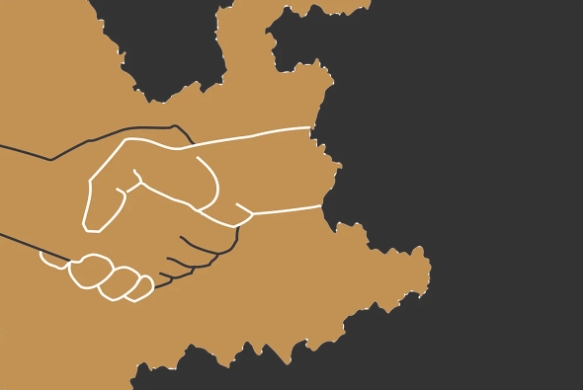
If you are running your own business, or are thinking of starting one, just imagine the following scenario:
You have expertise in a field and your customers rely on you entirely for their raw material. Without you, they could not even be in business. Yet, you do not often control the price of your product and it is mostly dictated by people knowing close to nothing about your business.
And in the worse years, you are selling your products at a loss just to get by.
Sounds weird, right? I am not sure a lot of you would start that business mentioned above, and with good reasons.
What was that business you ask? Coffee farming.
Farmers are doing the most important part of the work in the coffee industry and yet, only between 5 to 10% of the money generated by their green coffee is paid to them.
Farmers are doing the most important part of the work in the coffee industry and yet, only between 5 to 10% of the money generated by their green coffee is paid to them.
What can you do, as a coffee consumer or fanatic, to make sure that your dollars contribute more directly to the wellbeing of farmers?
In this short article, I will focus on some coffee buzz words and practices from roasters to hopefully shed light on them, and ultimately give you more tools to buy coffee while having the farmers in mind.
Direct Trade
Direct trade was used by roaster traveling to origin to purchase the coffee directly from farmers. Nowadays, it is used loosely and since there is no set definition, anyone can use it as they please.
Buying from roasters who are claiming all their coffees are ‘’direct trade’’ is not a guarantee that farmers were paid adequately.
A lot of roasters recently started sharing how much they paid for green coffee, and while I encourage more transparency, it needs to come with context as well to mean something.
The cost of production in various countries will vary greatly, meaning that a farmer receiving $2 per pound in one country could thrive, while it would be insufficient in another country.
C-Price Comparison
Another trend is to compare how much they paid compared to the C Price (the price set by people in suits on the NY Stock Exchange). This, in my humble opinion, inflates the roasters self pride of doing good but the C Price is so out of touch with what producers are going through that it would be comparing the price of orange in Miami with the price of papaya in Thailand.
Where is the best place to look for information that could indicate meaningful buying practices that benefit the farmers?
In my opinion, it should be on the roaster’s website and/or social media pages.
Cafés can be busy and it’s hard to engage in a meaningful discussion with a barista that are slinging drinks left and right (not even to mention that lingering inside during those Covid days is not the best option).
Getting your info directly from roasters should be easy and straightforward: the more info you can find that way, the better. You should have access to the origin, region, farmer or co-op, and ideally which import company they worked with to get their coffee. For the most eager coffee consumer, visiting and learning from those import partners would be very valuable.
Some additional considerations to keep in mind when looking to purchase coffee:
- Look for roasters who are committing to working with the same producers harvest after harvest as it gives more stability. Roasters working that way also commit to their volume DURING harvest and not at the end to give more certainty. Roaster working that way usually share that information.
- Look for roasters who are engaging in social projects at origin. It could be paying premiums on the price that was asked, helping raise money for drying or processing installations, or even contributing to build infrastructure in remote producing regions. By looking for those projects that are sending more money back to origin, you can have a huge impact with your purchasing power.
- And one of the most important things to look for is consistency. It’s easy for a roaster to buy one small lot with a purpose and advertise it a lot while also buying cheaper coffees. Look for roasters who are consistently talking about how they buy and the impact they are having at origin.
I feel it’s time that specialty coffee and specialty roasters be judged not only on how good their coffees are, but on how much good they do for farmers.
If we focus only on quality, there are literally hundreds and hundreds of amazing roasters in Canada and the USA. I feel it’s time that specialty coffee and specialty roasters be judged not only on how good their coffees are, but on how much good they do for farmers.
I hate the term third wave coffee because it’s so often used as a bullet proof argument to end conversation: “Well, we are third wave, so we know we are doing good…”
THE BOTTOM LINE
Roasters have a huge responsibility when it comes to sustainability, but the consumers can play a bigger role as well. Ask questions, research, and hopefully, you will find coffee that is tasty and sustainably sourced.
